Gazprom CEO visits Iran to push through $40 billion deal
Gazprom CEO Alexey Miller was expected to arrive in Tehran on Tuesday to meet Iran’s oil and gas officials and discuss the future of cooperation between the two sides.
Ahead of the trip, Miller met Iran's Ambassador to Russia Kazem Jalali in Moscow Monday and discussed issues of energy cooperation, Gazprom announced in a press release.
"Today, a working meeting was held between the Chairman of Gazprom's Board of Directors, Alexey Miller, and Kazem Jalali, Ambassador Extraordinary and Plenipotentiary of the Islamic Republic of Iran to the Russian Federation," it said.
In July last year, Gazprom and the National Iranian Oil Company (NIOC) signed a memorandum of understanding worth around $40 billion on strategic cooperation. It was signed on the day Russian President Vladimir Putin arrived in Tehran for a summit with his Iranian and Turkish counterparts.
The MoU, among other things, refers to the following areas: development of Iranian gas and oil fields, carrying out transactions with natural gas and oil derivatives, realization of large and small projects related to liquefied petroleum oil gas, construction of gas pipelines and scientific and technological cooperation.
Iran's Deputy Minister of Petroleum Ahmad Asadzadeh said then Russia will begin developing six oil and two gas fields in Iran, adding that Gazprom offers a "promising" opportunity to transport gas through Iran to neighboring countries, including Pakistan and the Persian Gulf countries.
According to Iran’s Ministry of Petroleum’s Shana news agency, Gazprom will help NIOC in the development of the Kish and North Pars gas fields and also six oil fields. Gazprom will also be involved in the completion of liquefied natural gas (LNG) projects and construction of gas export pipelines.
At the beginning of November 2022, the vice president of the Russian government, Alexander Novak, announced that Gazprom would soon agree on the technological parameters of the projects in Iran.
Last October, a senior Iranian official said about $6.5 billion from the memorandum with Gazprom had been converted into a firm contract.
“God willing, the rest of the memorandum worth $40 billion will be converted into contracts in the next month, and the negotiations are ongoing,” deputy foreign minister for economic diplomacy Mehdi Safari said.
Iranian Minister of Petroleum Javad Owji then visited Moscow where the two sides discussed the swap of Russian oil and oil products, with the figures to be agreed upon later, Safari said.
The swap deal, in addition to economic benefits and reducing the cost of gas transit from Iran’s south to the country’s north to supply fuel to the northern provinces, would increase political solidarity between Iran and Russia and the intermediary countries such as Turkmenistan and Azerbaijan, Safari said.
Safari said Iran's scenario for gas trade with Russia is to buy gas from the country and export its own gas to neighboring countries.
The official said Iran’s ministry of petroleum has been moving in the “right direction” for oil and gas interaction with Russia in order to protect national interests.
Iran sits on the world’s second-largest gas reserves after Russia, but US sanctions have hindered access to technology and slowed development of gas exports.
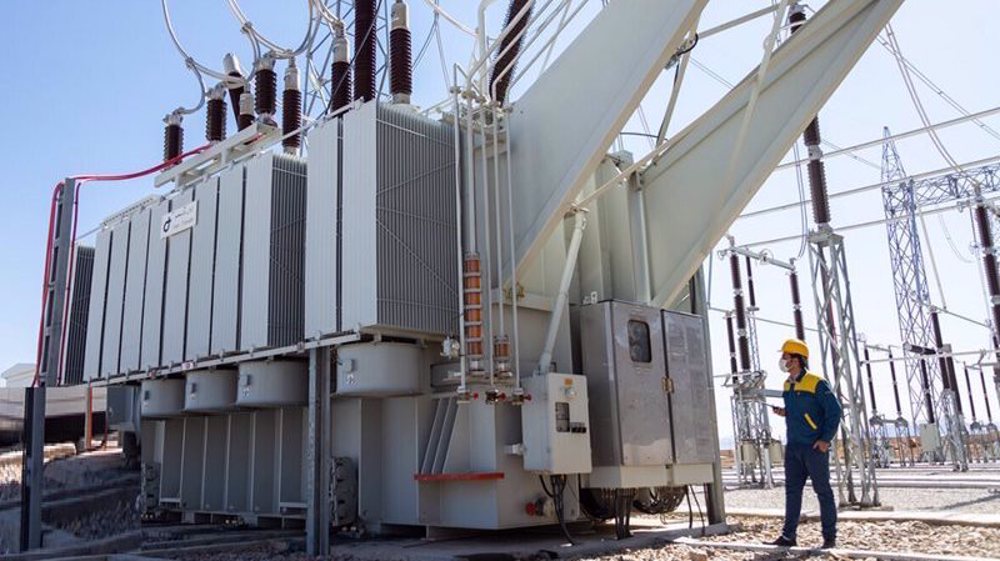
Iran more than halved its power grid losses to 10% in 16 years: Expert
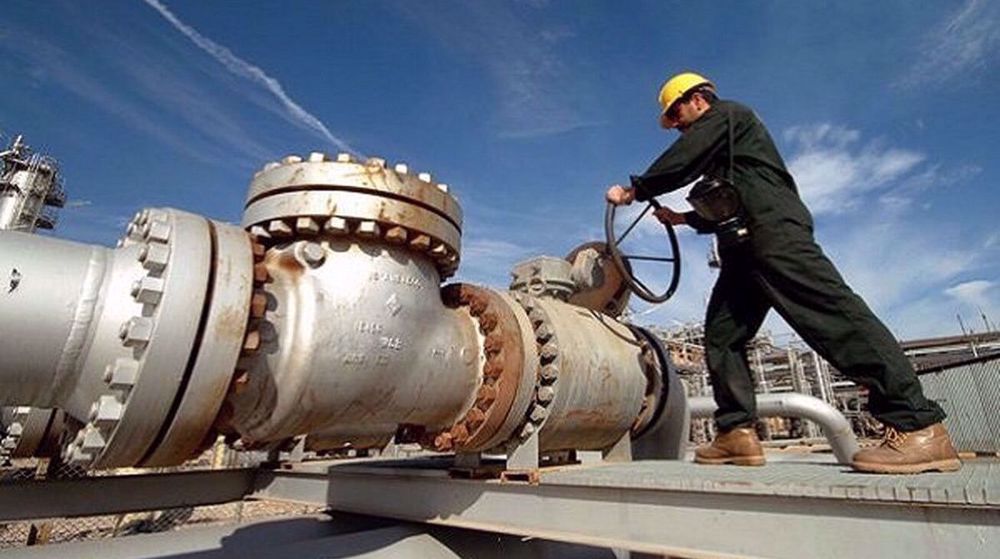
Iran, Russia agree to transfer gas via Azerbaijan: Minister
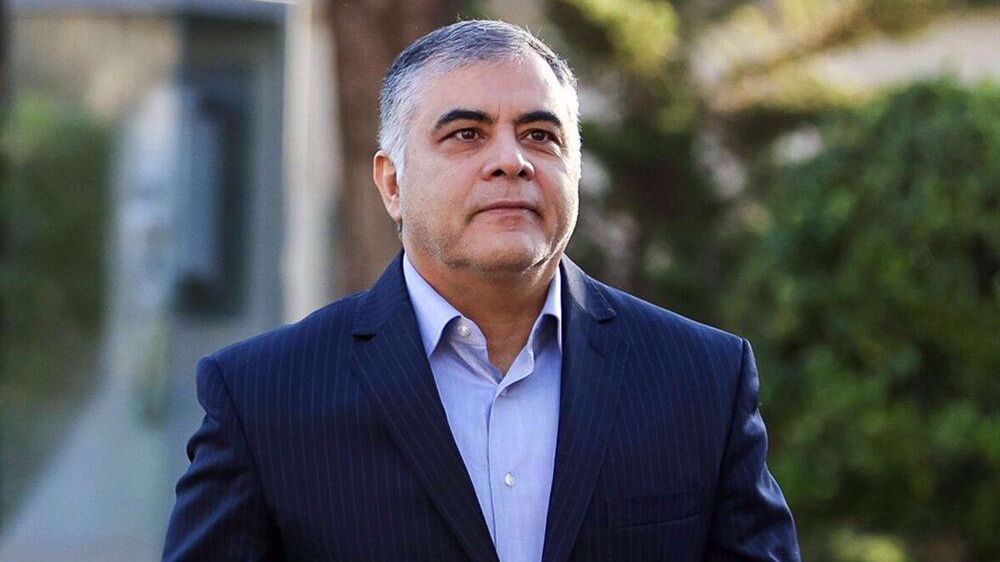
Iran petroleum minister in Russia to boost economic cooperation
US airstrike on Yemeni capital kills 8 people
VIDEO | Iran multilayered diplomacy
VIDEO | Press TV's news headlines
Iran more than halved its power grid losses to 10% in 16 years: Expert
Abbas names likely successor in move deemed ‘illegitimate, divisive’
Illegal Israeli settlers attack Palestinian school in occupied West Bank
VIDEO | Israeli forces tighten siege on Jenin refugee camp
Iran restores operations at its largest container port after explosion


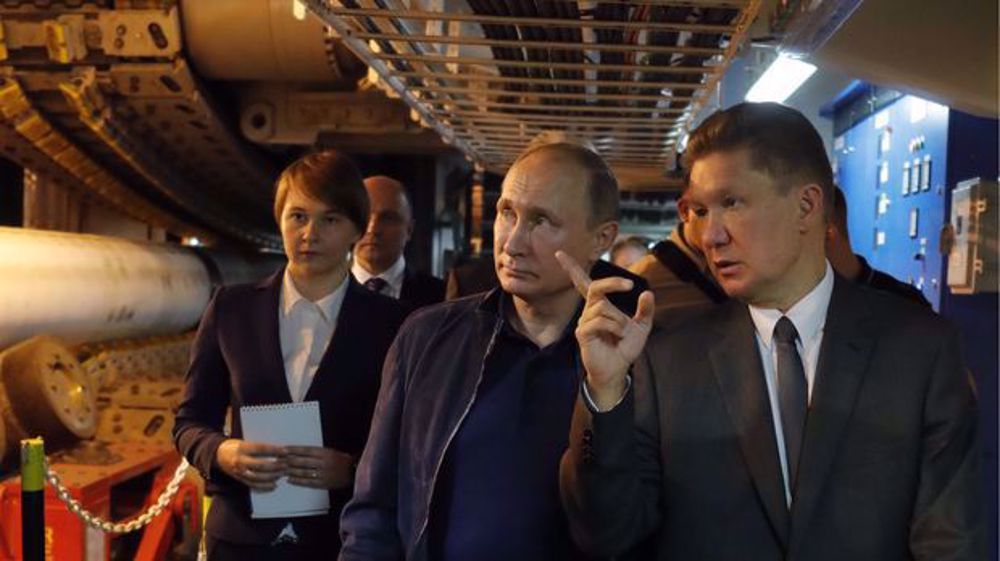
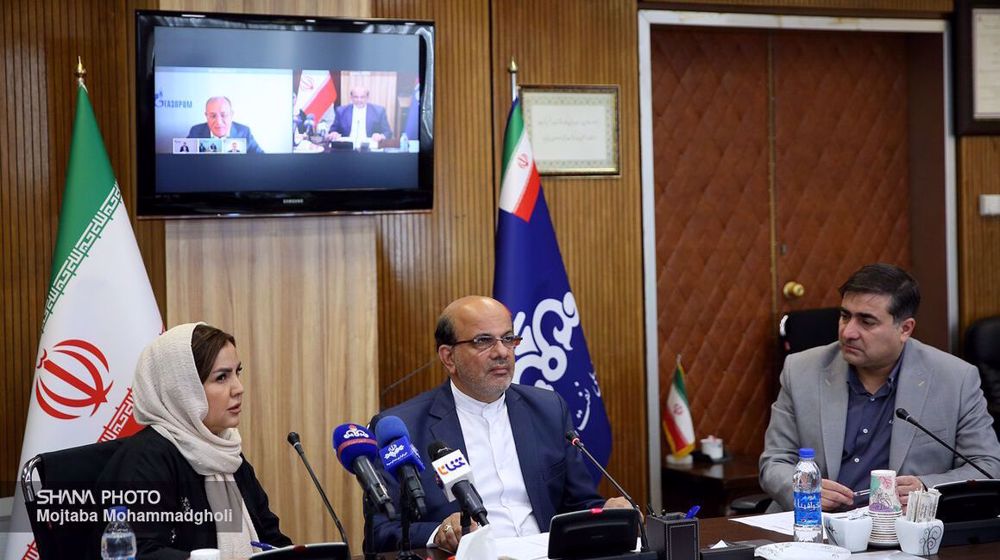




 This makes it easy to access the Press TV website
This makes it easy to access the Press TV website